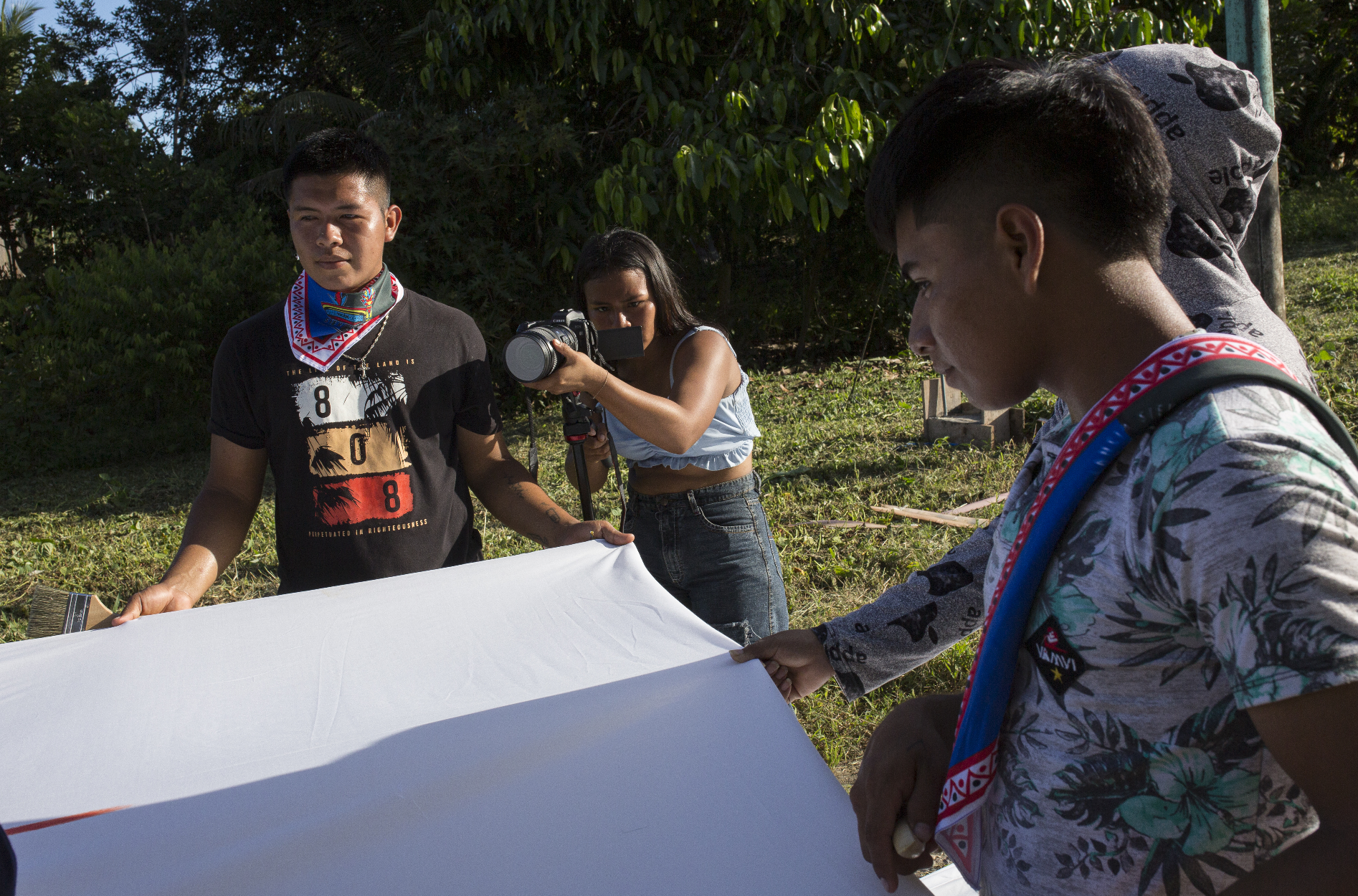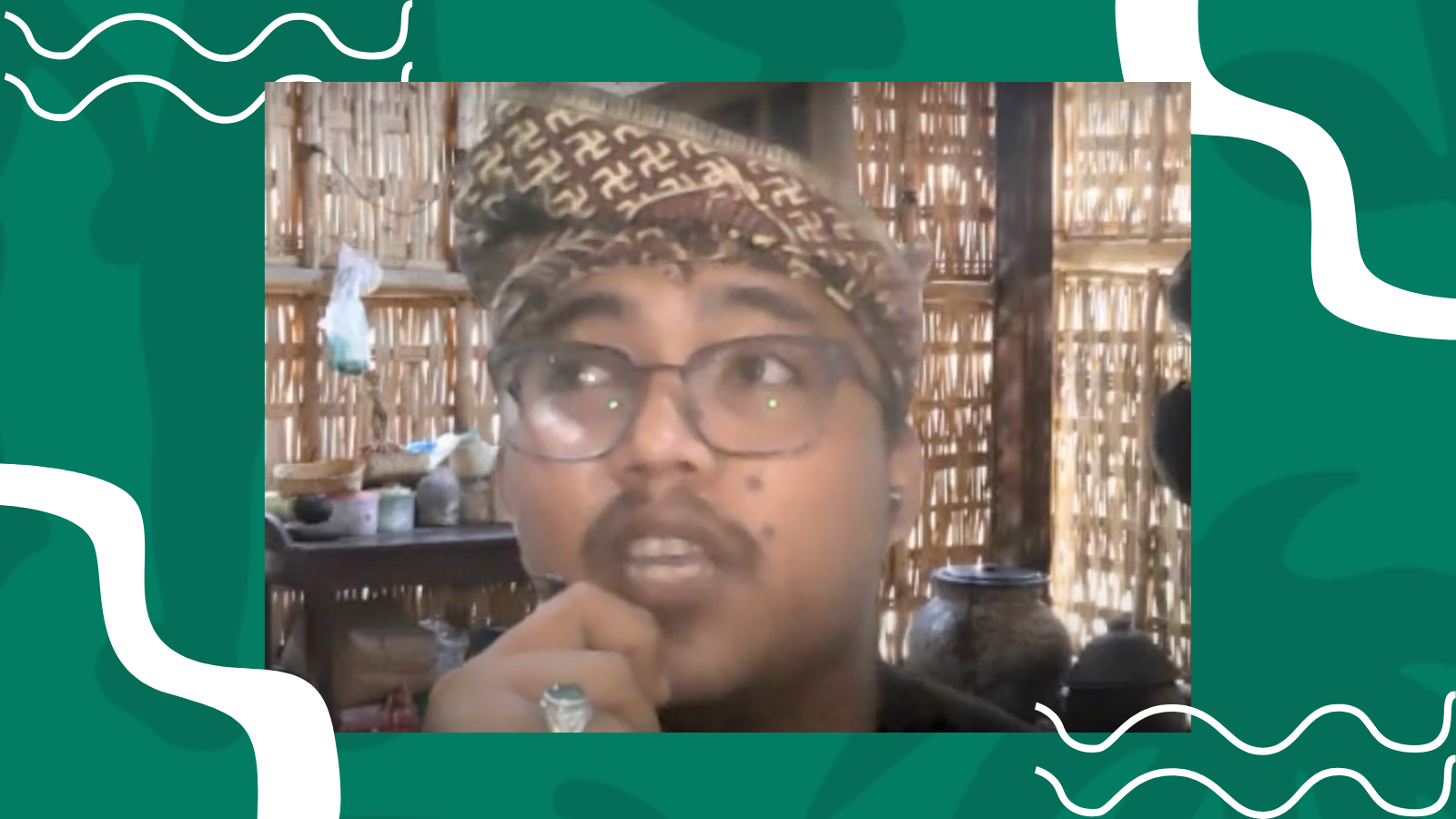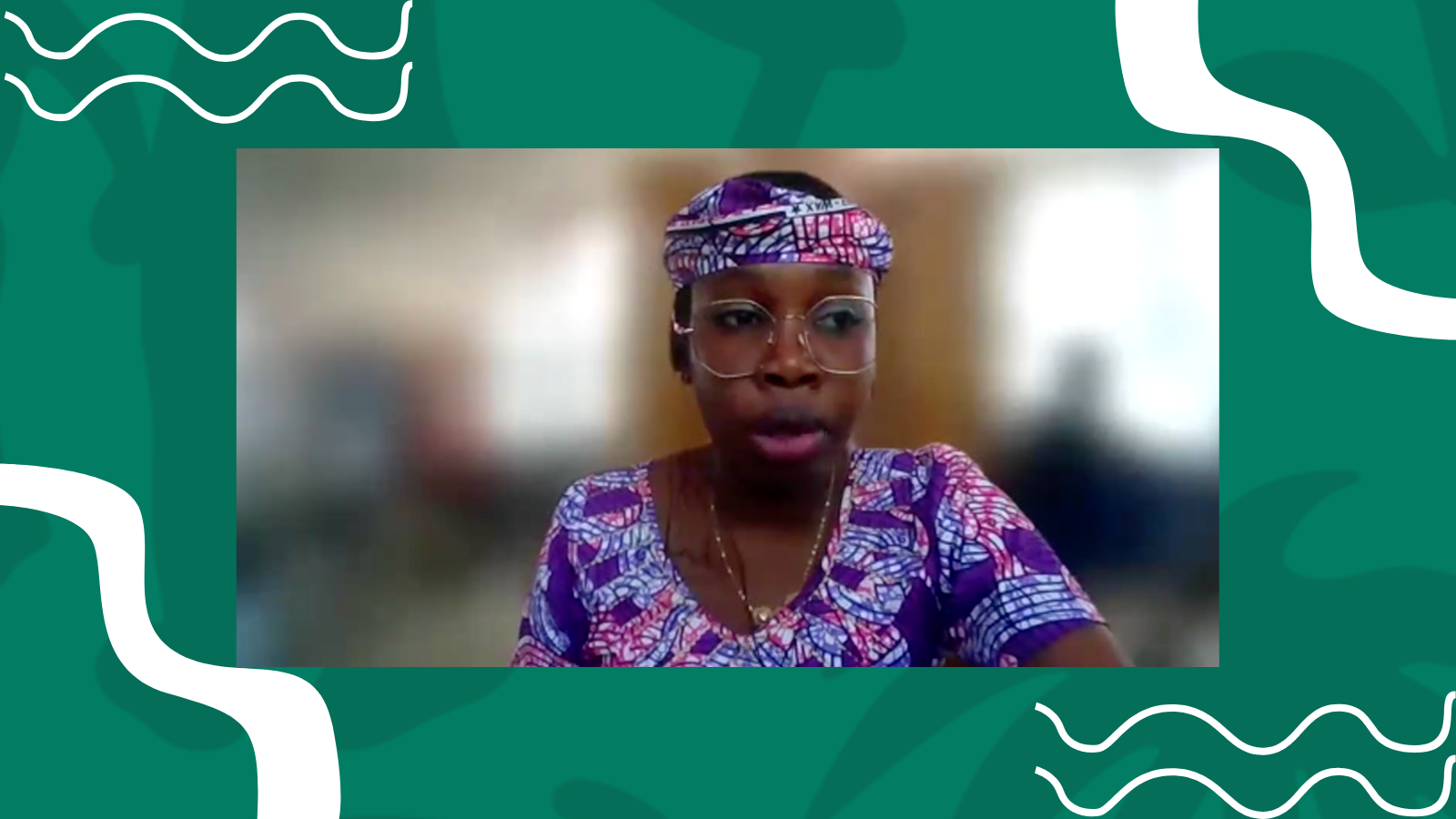2024-04-17
By Jeremy Gaunt
Indigenous youth face numerous challenges in protecting their traditional land and ways of life, not only those to which all Indigenous Peoples are subject, but also from often being cut out of decision-making by the culture of elder leadership.
It can lead to them leaving their homes and losing the cultural knowledge and values that Indigenous Peoples need and cherish.
As a result, young Indigenous Peoples across the globe are taking action to ensure traditional knowledge is retained, that a new generation has a say in the future, and that youth does not need to flee their ancestral lands for the cities.
That was the message from four young activists speaking at “Leading the Way: How Indigenous Youth Combat Climate Change Through Land Rights”, a Land Dialogues webinar held on April 11.

Andrés Yepéz / Tenure Facility
The event was sponsored by Tenure Facility, Land Portal, and the Ford Foundation, along with the Youth Initiative for Land in Africa, and TINTA, an NGO bringing together and reinforcing alliances among indigenous and forest peoples.
A primary concern of the speakers was education – not just the need for general learning, but also the imperative of passing on traditional knowledge, without which Indigenous Peoples will lose their way of life.
"Our first most important challenge is…education. An endless lack of education, of jobs, (means) sometimes we have to migrate in order to find some work, leading us to abandon our land."
This abandonment of traditional lands, however, has prompted decisive action to bring indigenous youth back to their traditional lands and to embrace the knowledge to be found there.
In Indonesia, it is called “Homecoming”, and is part of a major programme run by youth under the auspices of AMAN, the Indigenous Peoples Alliance of the Archipelago.
Venedio Osing, from the AMAN-related BPAN – Indigenous Youth of the Archipelago – Homecoming Movement, told the webinar that 140 cultural schools have been set up across seven regions of Indonesia, to provide young people with traditional knowledge. The movement has also built up business – farming and eco-tourism, for example – to create jobs for those returning from the cities.
“The knowledge of Indigenous Peoples can be transferred to the next generation,” Osing said. “They also take note and document all the knowledge.”
Such local knowledge is considered crucial for environmental protection, given that Indigenous Peoples are proven guardians of their lands from deforestation, mining pollution, and the like.

Venedio Osing - BPAN
Youth Projects
Aïcha Salihou, a Cameroonian activist with the Youth and Land Multi-Stakeholder Platform in Africa, agreed that lack of education was a huge hurdle, adding that it was particularly dire in the case of women, who often lack land rights and any decision-making power.
Salihou outlined several projects in Africa aimed at reversing this situation, including one in Cameroon aimed at combating climate change by empowering women, including the young, to be financially independent.

Aïcha Salihou - YLMPA
Another project, implemented by the Youth Initiative for Land in Africa, has been rolled out in 20 African countries,
“The objective…is to permit us to have access to land…to do restoration by planting trees to fight against climate change, and equally to be resilient to climate,” she said.
Carlos Lozano, an activist in Peru with the Federation of Kechwa Chazuta Amazonian Indigenous Peoples, spoke of indigenous people being driven from their lands and how to fight this, there has been a push for legal recognition of land rights.
"There's been massive progress. It's not just about the leadership but also about the success of youth. "
Lozano added that a lot of it had come from collaboration with young Indigenous Peoples.
“It is us who know how to use, for example, a smartphone, which our elders do not know how to use,” he said. We are the ones drafting the press releases. We’re the ones interviewing on radio.”
In a world that is rapidly urbanising and warming, indigenous youth from around the world, are using nature-based solutions, that are being widely applauded, to defend their territories and actively lead on climate change.
Articles